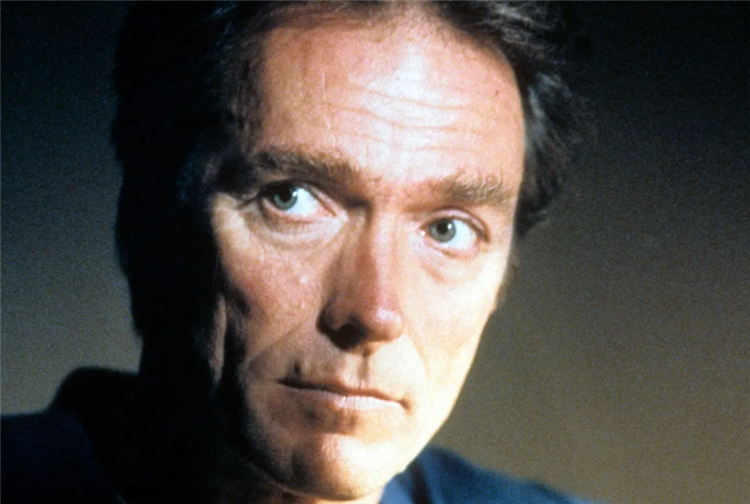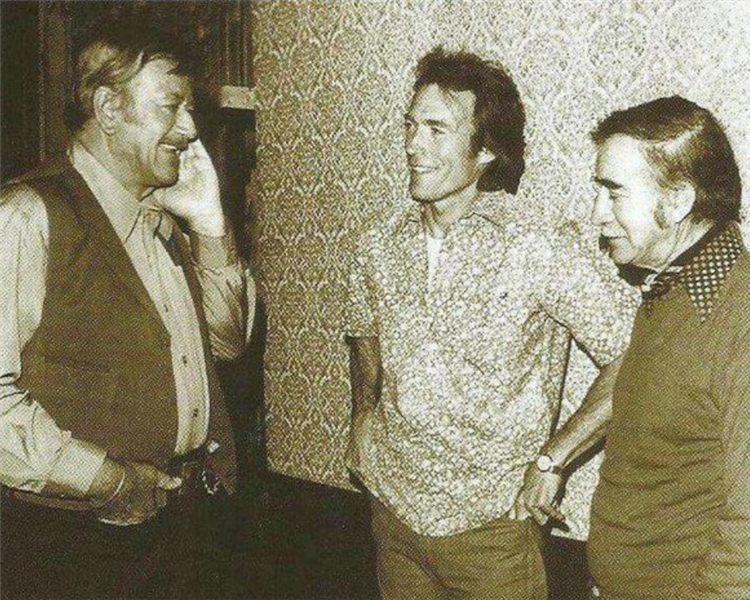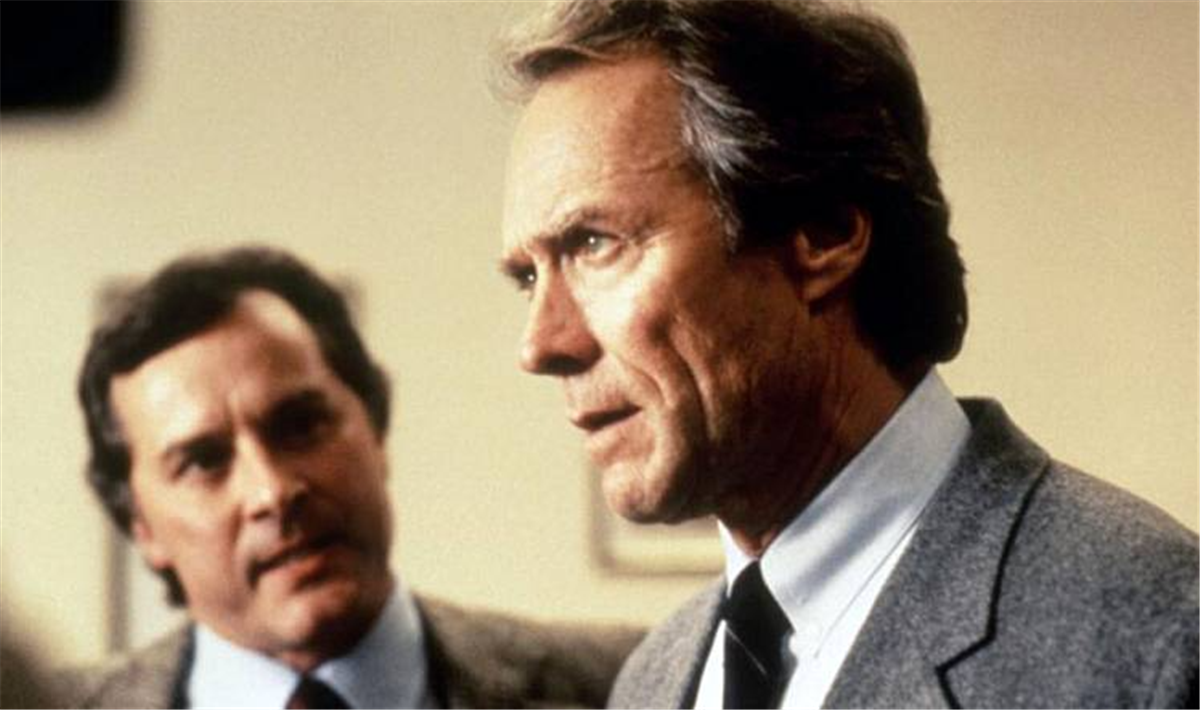It’s truly hard to believe that Clint Eastwood and John Wayne were involved in what can only be called a bizarre feud. Both men made names for themselves in the Western genre. Wayne had a string of movie hits in this world he almost pained a romantic picture of it. Eastwood also scored some hits in here, too. Yet Eastwood did not get too gushy when appearing in his Westerns.
Both men had great pride in their work. John Wayne especially took great satisfaction in his work with director John Ford. From Stagecoach to The Searchers, the imprint placed on the Wayne-Ford Westerns is both romantic and idyllic. Eastwood took a more, shall we say, practical approach when working with Sergio Leone. The “Spaghetti Western” sagas sent the Western in a different direction.
When Wayne saw what was happening to the Western, he immediately didn’t like it. Wayne knew what worked on a Western. He had plenty of proof, thanks to box-office receipts. Then again, Eastwood could point toward changing attitudes and times in the 1960s.
Moviegoers Did Want John Wayne, Clint Eastwood Working Together

People did want Wayne and Eastwood to work together. In fact, one scriptwriter reportedly had something in the works for both men. But that didn’t get done.
Frankly, Wayne didn’t want to work with Eastwood at all. He felt like the way that both men looked at a Western were diametrically opposed to one another. If one carefully looks at a Wayne Western, then you can see, at times, a rather simple, orderly effort. You could watch a movie like Rio Bravo and cheer for the good guys. In that one, they included Wayne, Dean Martin, Walter Brennan, and Angie Dickinson. There was good-natured banter between cast members.
Put that imagery up against A Fistful of Dollars and watch how the “Man with No Name” goes about his business. We are talking about night and day here, folks.

It’s worth noting, too, that Wayne was quite patriotic and a proud conservative. These values were prevalent in some way, shape, or form. The Western had an American feel to it. With Wayne at the helm of his Western flick, there was no doubt that his view would be represented.
As Eastwood and others came on board, they brought a much grittier look to a Western. There was silence, a deep reflective sense where a person’s attitude toward the West would shape differently.
Wayne just didn’t like the changes Eastwood and others from the “new guard” presented. He was quite devoted to his own view of that type of movie. Neither man worked together on a movie.
